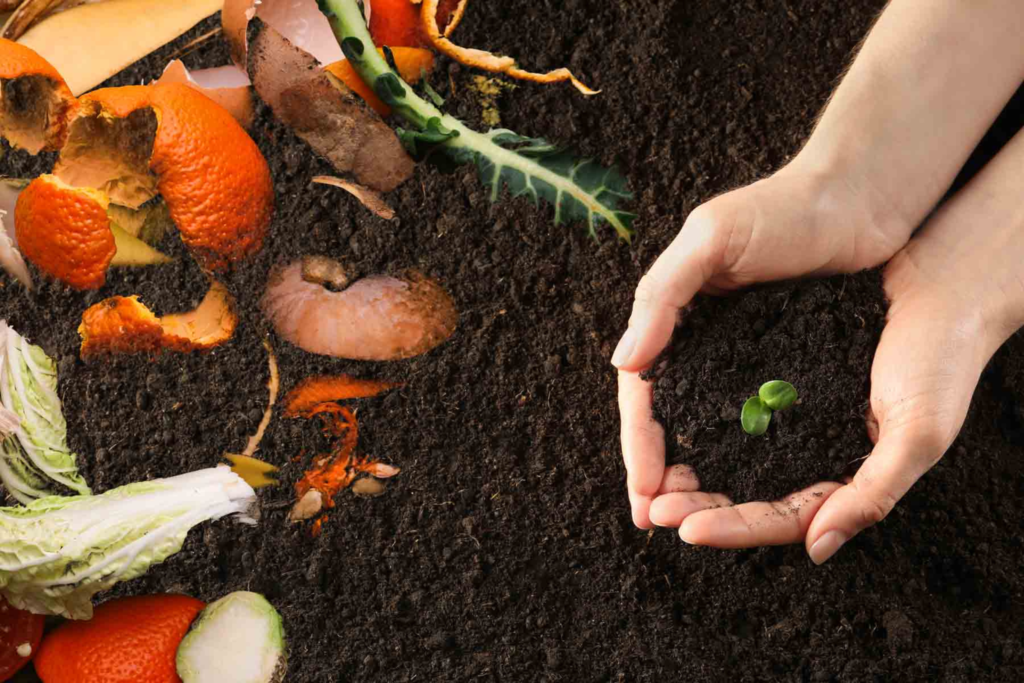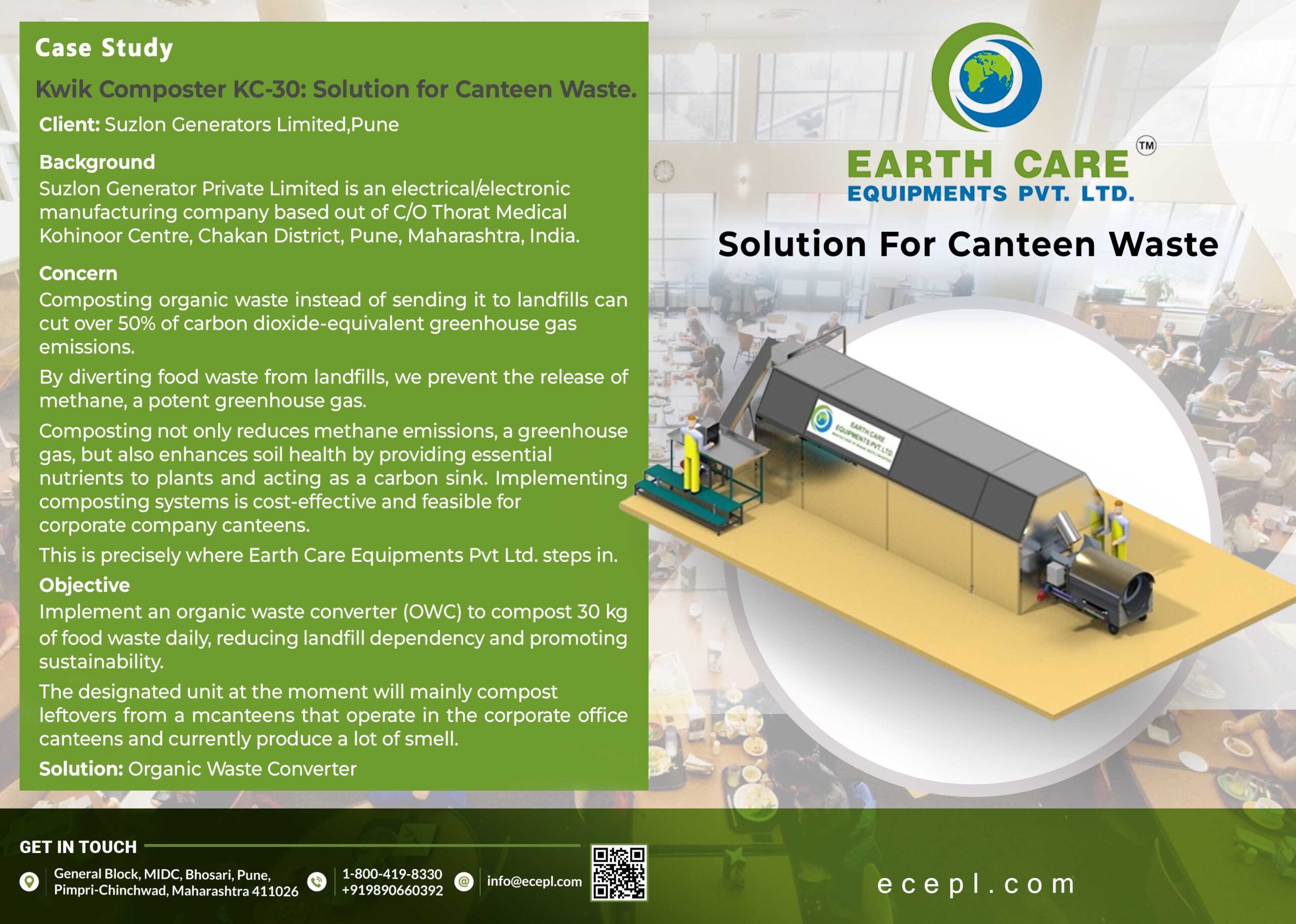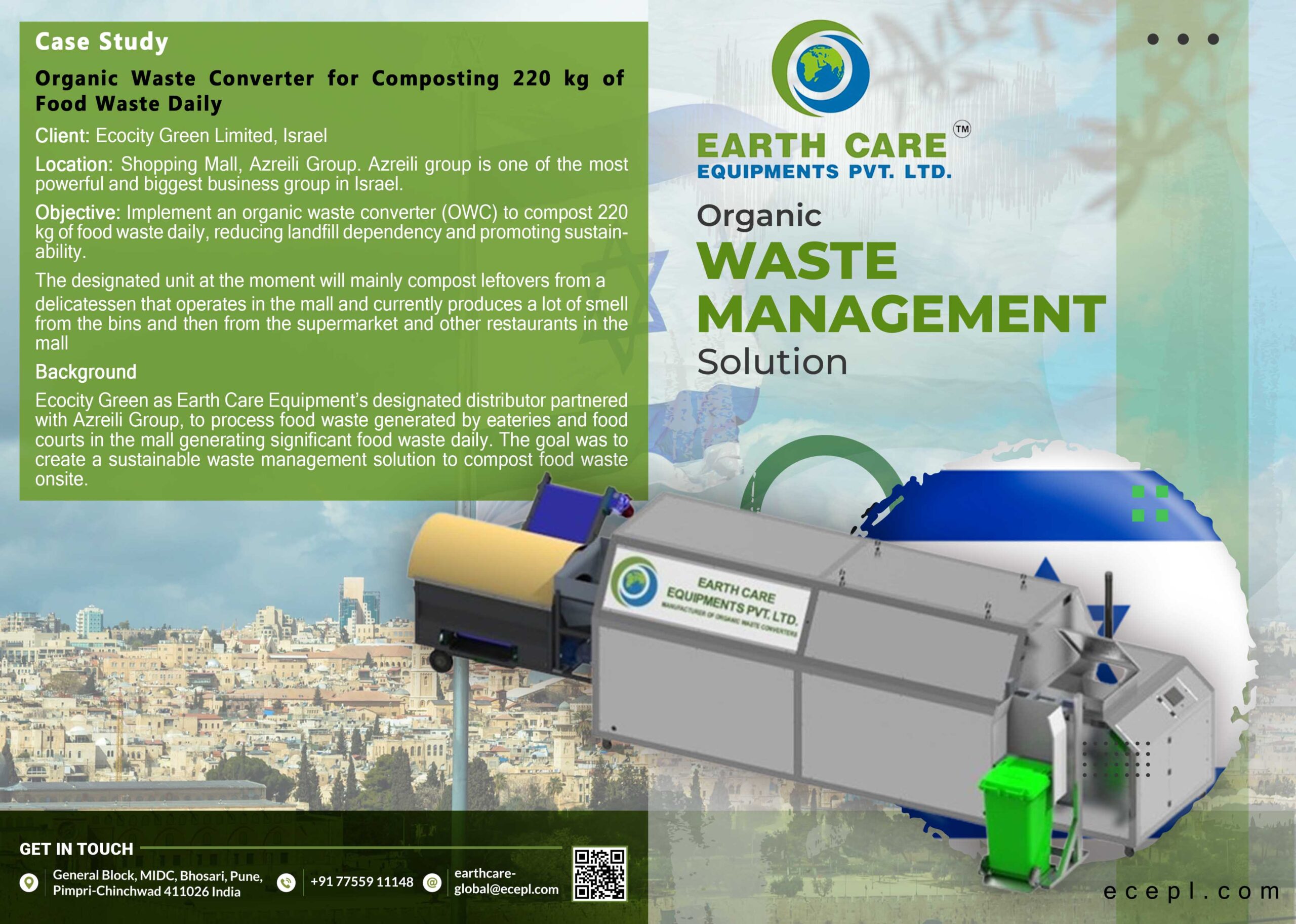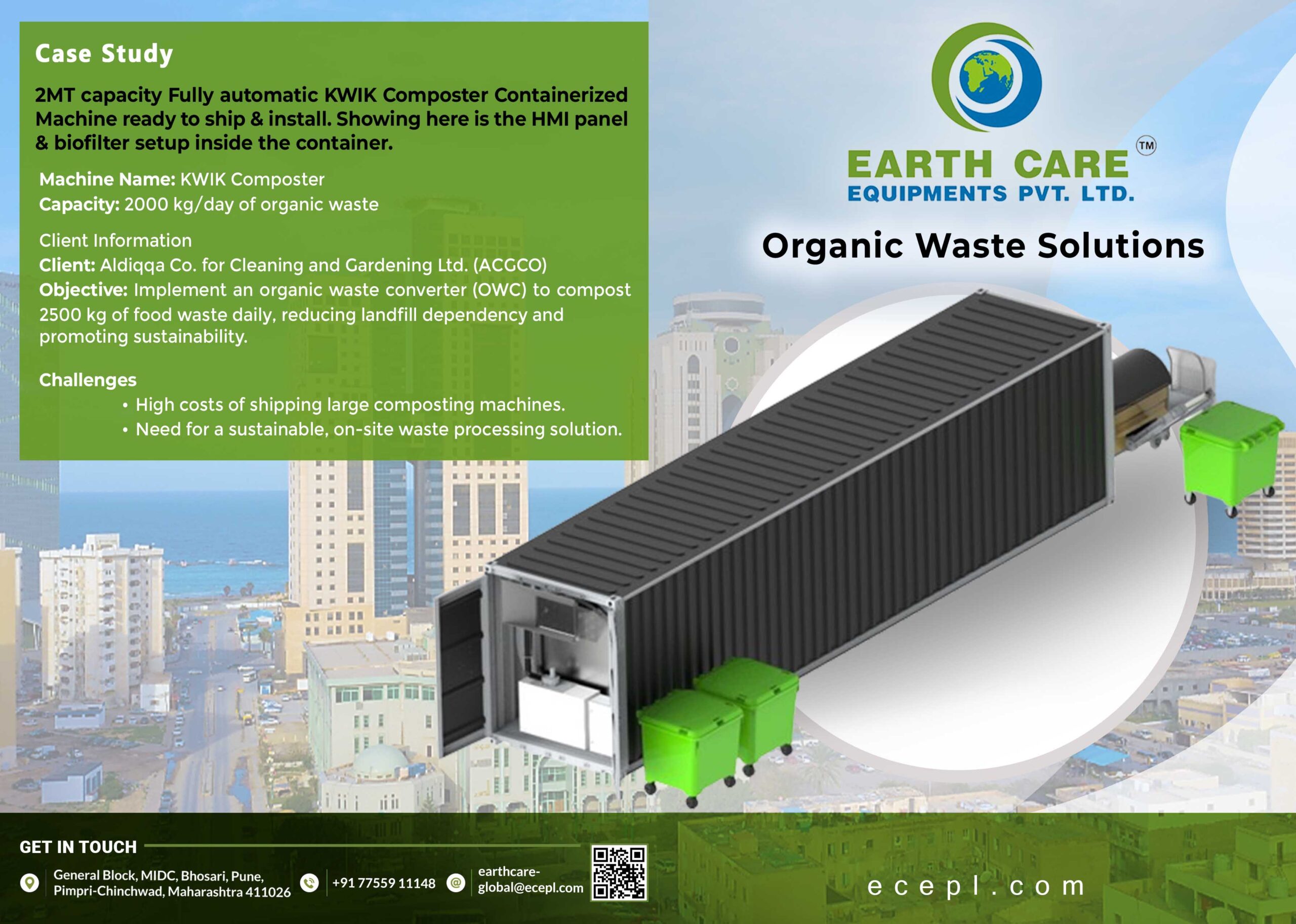
Organic composting stands as a beacon of hope in the realm of waste management, offering a sustainable solution to the growing challenge of organic waste accumulation. In India, where waste management issues loom large and environmental concerns escalate, organic composting emerges as a promising approach to tackle these pressing issues.
The Need for Sustainable Waste Management in India
India grapples with significant waste management challenges, with overflowing landfills and inadequate disposal methods leading to environmental degradation. The unchecked accumulation of organic waste not only pollutes the air and water but also contributes to greenhouse gas emissions, exacerbating climate change concerns.
Understanding Organic Composting
Organic composting involves the natural decomposition of organic materials, such as food scraps, yard waste, and agricultural residues, into nutrient-rich compost. This process not only diverts organic waste from landfills but also produces a valuable soil amendment that enhances soil fertility and structure.
Role of Organic Composting in Soil Health
Organic composting plays a pivotal role in improving soil health by enriching it with essential nutrients and enhancing its structure. The addition of compost fosters microbial activity, promotes water retention, and reduces soil erosion, thereby supporting sustainable agriculture practices.
Earthcare Equipment: Organic Waste Converter
Earthcare Equipment, a prominent organic waste converter machine manufacturer, offers innovative solutions for organic waste management. Their organic waste converter efficiently converts organic waste into compost, providing an eco-friendly alternative to traditional disposal methods.
Implementation of Organic Composting in India
The Indian government has recognized the importance of organic composting and has introduced various initiatives and policies to promote its adoption. Community-led composting programs and decentralized composting facilities are being established to encourage widespread participation and decentralized waste management.
Advantages of Organic Composting Over Conventional Methods
Organic composting presents numerous advantages over conventional waste management methods. Not only does it mitigate environmental pollution and reduce landfill pressure, but it also proves to be cost-effective in the long run, offering substantial savings in waste disposal costs.
Case Studies: Successful Organic Composting Projects in India
Several successful organic composting projects across India serve as shining examples of effective waste management and soil health improvement. These projects demonstrate the feasibility and efficacy of organic composting in diverse settings, inspiring replication and expansion.
Educational Outreach and Awareness
Educating communities about the benefits of organic composting and fostering a culture of sustainability are integral to its widespread adoption. Public awareness campaigns, training workshops, and school programs play a vital role in promoting organic composting practices.
Future Outlook
The future of organic composting in India appears promising, with growing recognition of its environmental and economic benefits. Continued government support, technological advancements, and community engagement are expected to drive further growth and innovation in the field.
Summary
In conclusion, organic composting emerges as a sustainable solution for waste management and soil health improvement in India. By harnessing the power of composting, we can alleviate environmental burdens, enhance soil fertility, and pave the way towards a greener and healthier future.




